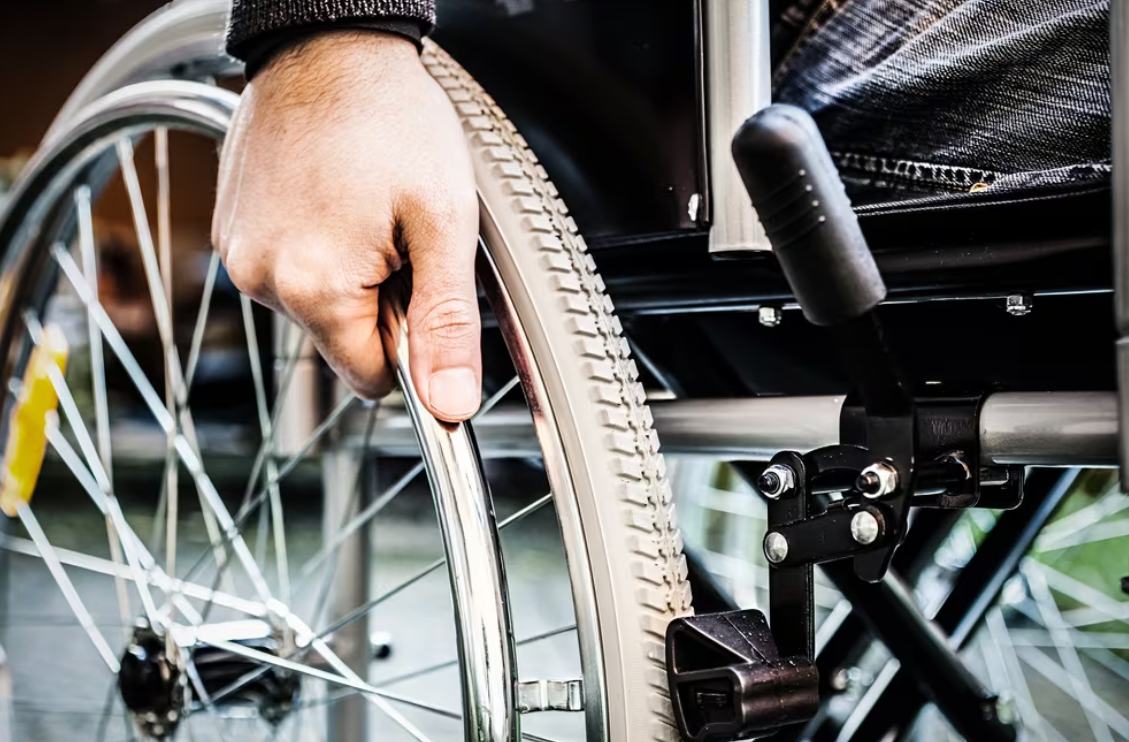PEOPLE with disabilities often face stigma across the globe and even here in the CNMI. Stigma often causes several barriers that may limit or affect opportunities for people with disabilities, such as employment, healthcare, public services, etc. Stigmatization may lead into social avoidances, discrimination, stereotyping, blaming, and several other acts of stigma. In the CNMI we often do not realize that there is need for a more inclusive community that breaks down the barriers of stigmatization and open up doors for equal rights and opportunities for people with disabilities.
To explain further the stigmatization of people with disabilities, we must look at the forms of stigmatization. For instance, stereotyping of an individual who may have a disability is when people assume that these individuals are helpless or unable to make decisions of their own. We often don’t realize that even the thought of not including individuals with disabilities in opportunities such as trainings, employment, and/or sport events as a result of their disability can be considered stereotyping. Furthermore, people often assume that when one individual has one form of a disability, they may have several other forms of disabilities, but sometimes that is not the case and therefore causing a stereotype of people with disabilities.
Another form of stigmatization of people with disabilities is condescension. Condescension is where people with disabilities may be overly protected by a person who cares for them due to the assumption that they will be helpless without them. Although it is good to have a caregiver or a family member to lend a hand, sometimes being overly protective of a person with disabilities may make them lose confidence in themselves. People with disabilities often want to be included and be offered the same opportunities as everyone else. A caregiver or family member who may be overly protective of a person with disability may not realize that they take away opportunities and limit their way of inclusion into the community.
As stigmatization of people of disabilities may affect the overall development of an inclusive society, there are several ways people with disabilities overcome the challenges of stigmatization. For one, showing pride of their disability gives way to a more positive aspect of their disability and stray away from the negative and discriminatory actions from other people. By such pride of their disabilities, individuals with disabilities avoid all aspects of stigmatization and may band together to support one another to become resilient and confident individuals.
Source: Healthy Aging and Physical Disabilities
For more information on the stigmas of people with disabilities, or to learn more about their individual rights, please contact the Northern Marianas Protection and Advocacy Systems, Inc. (NMPASI) at (670) 235-7273/7274 or visit our website at www.nmpasi.org/.












